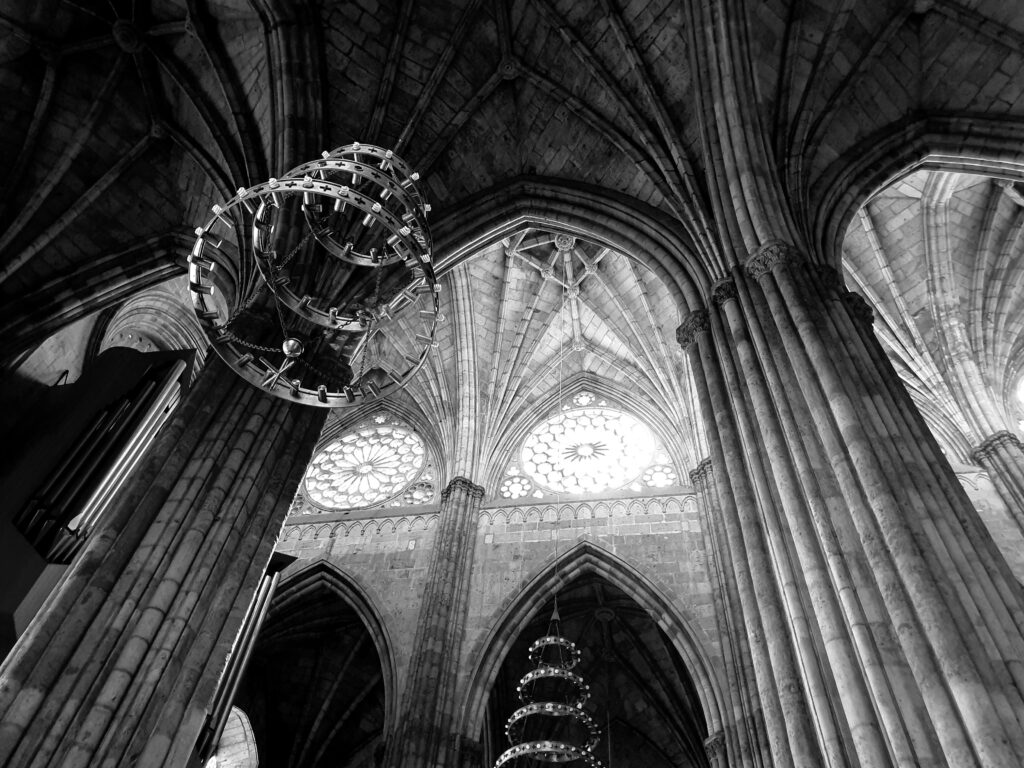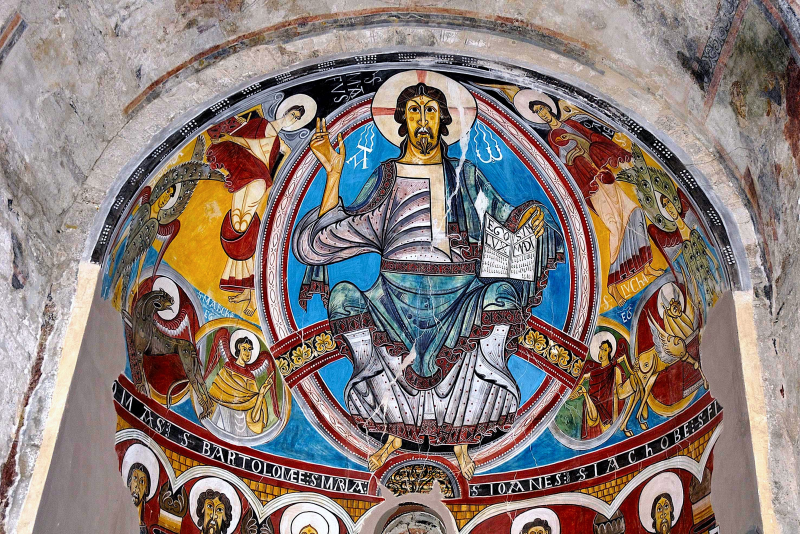From Opacity to the Showcase
My Cousin, the Cardinal Candidate

These days before the conclave, both the death of Pope Francis and the election of the new pope are being headlined in every media outlet.
A parishioner told me that we’ll have three months of news coverage.
For reasons of kinship, the topic touches me somewhat directly. My cousin, Cristóbal López Romero, is one of the candidates. The deceased mothers, like sisters, would visit each other, and the favorite topic was to discuss the exploits of their children. They competed with each other. My aunt almost always won, not only for her dialectical skills, but for the exploits of the Salesian, a person of integrity, authenticity, radicalness, and at the same time a balance between the human and the divine. Capable of selling a refrigerator to an Eskimo, in terms of his power of persuasion. Always an outstanding figure. Now, as is evident, the difference between the two is abysmal. But we’ve always had a good relationship, and he never acts from a pedestal. On the contrary, he always makes you feel good and important. He’s the patriarch of the Romero cousins and is available to answer the phone when you call. Although he’s usually the one who, on WhatsApp, even now, before the conclave begins, cheers us up with his jokes for all levels of intelligence. We have a fluid relationship.
Well, parishioners and friends send me daily interviews and news reports in which the Cardinal of Ravat (Morocco), Cristóbal López Romero, SDB, is the protagonist. As often happens in cases where the news is more important than the person himself, or more important than experience, readers or viewers inform me of what my cousin has said. It’s useless to tell you that I’ve spoken with him, that I’m informed, or worse yet, that the headline of the news doesn’t correspond with what the papal candidate intended to express. Their reality, the news or report, is above anything anyone can clarify for them. It’s that “The medium is the message,” an original phrase from the 1960s, authored by Marshal McLuhan, a philosopher and enormous communication theorist. It means that the form of a medium is embedded in any message it transmits or transports, creating a symbiotic relationship in which the medium influences how the message is perceived. If it appears in the news, if it makes the front page, even if what it says doesn’t make an impact on the recipients, it doesn’t matter. For example, Cristóbal, from the beginning of his priestly life, stood out for his dedication to the underprivileged classes, choosing to be a teacher, not in a Congregational school, but in a public school in a marginal neighborhood of Barcelona. Or now, even today, when many applaud him, they continue to ignore or marginalize the Muslims who occupy our cities. Aporophobia and Islamophobia are more worrying on a social level, or at least effect more people, than issues such as the blessing of homosexual couples, which raised so much controversy with Pope Francis’s “Fiduccia suplicans” and which he is now being asked about.
The Church has gone from being opaque to placing itself in the world’s street window. For centuries, it has hidden. It was too “normal” to ignore crimes. Today, thanks to Pope Francis, it is more transparent.
Thus, it can even be admired, commented on, or criticized based on what is on display. You have a window that can be seen all the way to the back of the store. But few go in to buy the product. People have opinions about what is on display, about this or that gesture or statement, but they stay outside, uninterested in being part of the Church. It is a phenomenon specific to our era of image and feeling. People admire soccer players, without this implying that they play sports or lead a healthy life.
For centuries, the Church has hidden facts and actions. In the digital age, it’s almost impossible to hide. On the other hand, Monsignor Cristóbal, who is a journalist and familiar with the media, favors informing rather than hiding. Because when one hides, the viewer invents another, inaccurate and malicious reality. The best response to inadequate facts is truthful information. That’s why he does his job as a pastor very well, informing.
Now, when information serves only to fuel the spectacle, there’s a danger of turning the Church into a consumer media object.
The new pope has a tough time. That’s why Cristóbal says you have to be crazy to want to be one. I told him I was praying that he wouldn’t be the one chosen. He thanked me for praying for him. Although I was wrong when his family predicted he would be a cardinal, and I told them he didn’t have much of a chance. I hope I’m not wrong this time. We can only pray for the conclave and the new pope from inside the store, not from outside looking in the window.
Related

Sleeping Well for a Better Life: Ideas That Will Make You Rethink Your Nights
Alejandro Fontana
05 May, 2025
4 min

With the “smell of sheep”
Mario J. Paredes
05 May, 2025
5 min

In Defense of the Church
José María Montiu de Nuix
02 May, 2025
5 min

Jesus Christ, Yesterday and Today
Jesús Ortiz López
02 May, 2025
5 min
 (EN)
(EN)
 (ES)
(ES)
 (IT)
(IT)

